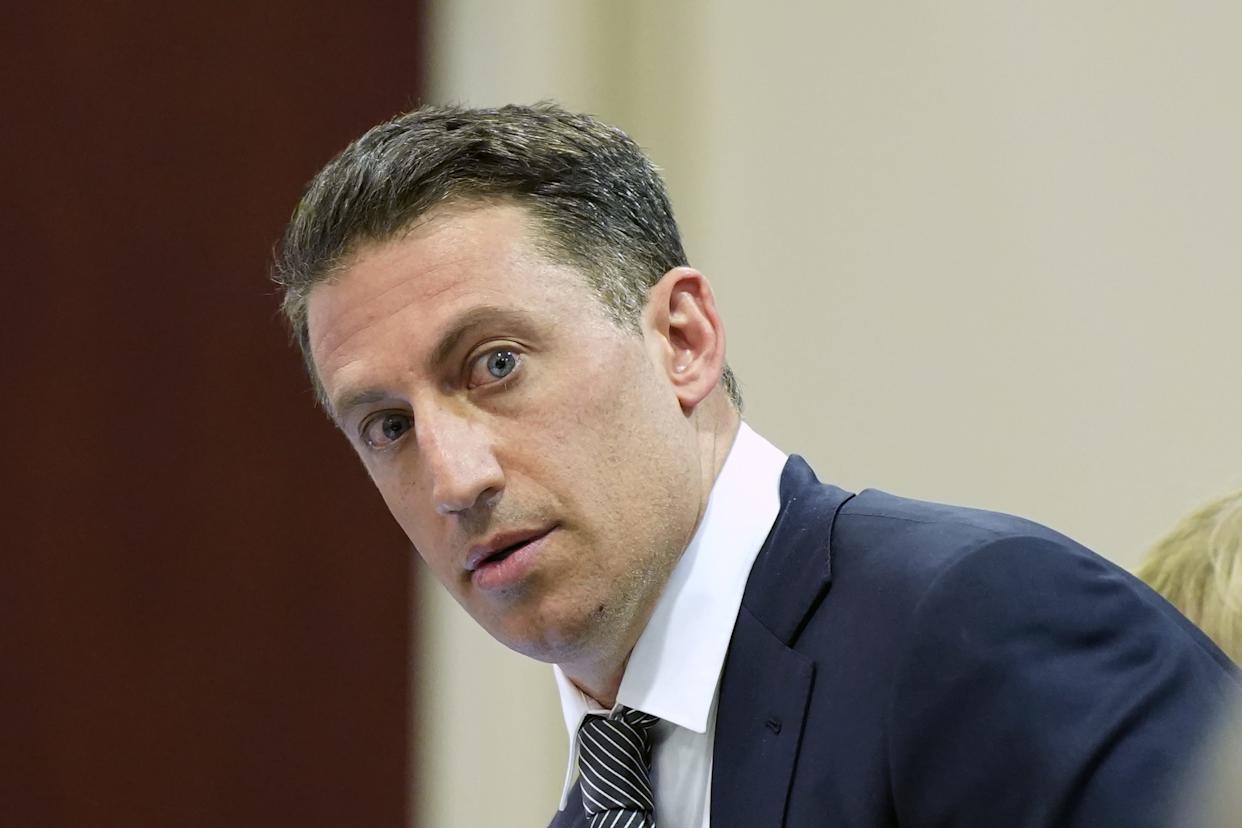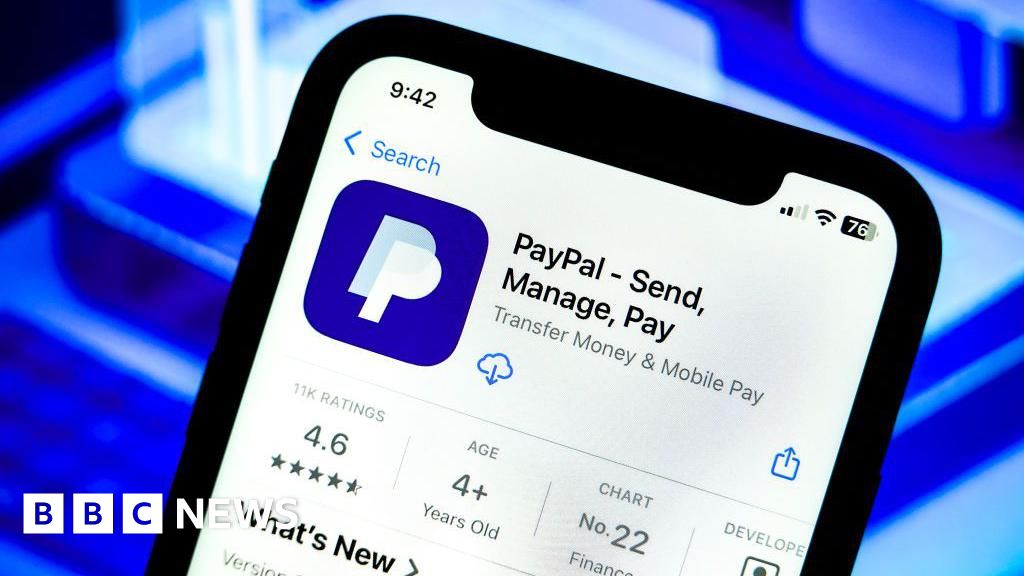In a recent court appearance, Do Kwon wore a yellow prison jumpsuit and entered a guilty plea concerning fraud charges connected to the failure of the TerraUSD and Luna cryptocurrencies. The collapse of these digital assets in 2022 resulted in losses exceeding $40 billion for investors and triggered a broader downturn in the cryptocurrency market. Kwon, who was the CEO of Singapore-based Terraform Labs, was accused by U.S. authorities of conducting a "multi-billion dollar crypto asset securities fraud."
As part of the plea agreement, Kwon is facing a maximum sentence of 12 years, with a sentencing date set for December 11. Todd Snyder, the appointed overseer of Terraform Labs' liquidation, commented on the case, stating that the plea underscores the need for accountability within the digital asset industry. Snyder emphasized that all individuals responsible for the collapse would be held accountable, and efforts to recover assets would be made for the affected claimants.
Kwon's issues began when he fled South Korea after a warrant for his arrest was issued in 2023. Following his arrest in Montenegro and subsequent extradition to the U.S., prosecutors asserted that Kwon had misrepresented essential features of the TerraUSD stablecoin, suggesting that a computer algorithm known as the Terra Protocol maintained its value, while actually orchestrating a trading firm’s purchases to stabilize the coin.
In a court statement, Kwon admitted, "In 2021, I made false and misleading statements about why [TerraUSD] regained its peg. What I did was wrong and I want to apologize for my conduct." Initially, he faced nine counts related to the crash, including securities fraud, wire fraud, and conspiracy related to money laundering, with potential penalties totaling 135 years in prison.
While the prosecution has limited their recommendation for sentencing to 12 years, Judge Paul Engelmayer noted that he has the authority to impose a sentence of up to 25 years. Kwon is still under scrutiny for additional charges in South Korea, according to his legal representation.
The outcome of Kwon's case indicates the increasing seriousness of legal actions within the cryptocurrency sphere, as regulators and authorities worldwide grapple with the implications of digital assets and the potential for fraud in this rapidly evolving market.
As part of the plea agreement, Kwon is facing a maximum sentence of 12 years, with a sentencing date set for December 11. Todd Snyder, the appointed overseer of Terraform Labs' liquidation, commented on the case, stating that the plea underscores the need for accountability within the digital asset industry. Snyder emphasized that all individuals responsible for the collapse would be held accountable, and efforts to recover assets would be made for the affected claimants.
Kwon's issues began when he fled South Korea after a warrant for his arrest was issued in 2023. Following his arrest in Montenegro and subsequent extradition to the U.S., prosecutors asserted that Kwon had misrepresented essential features of the TerraUSD stablecoin, suggesting that a computer algorithm known as the Terra Protocol maintained its value, while actually orchestrating a trading firm’s purchases to stabilize the coin.
In a court statement, Kwon admitted, "In 2021, I made false and misleading statements about why [TerraUSD] regained its peg. What I did was wrong and I want to apologize for my conduct." Initially, he faced nine counts related to the crash, including securities fraud, wire fraud, and conspiracy related to money laundering, with potential penalties totaling 135 years in prison.
While the prosecution has limited their recommendation for sentencing to 12 years, Judge Paul Engelmayer noted that he has the authority to impose a sentence of up to 25 years. Kwon is still under scrutiny for additional charges in South Korea, according to his legal representation.
The outcome of Kwon's case indicates the increasing seriousness of legal actions within the cryptocurrency sphere, as regulators and authorities worldwide grapple with the implications of digital assets and the potential for fraud in this rapidly evolving market.



















